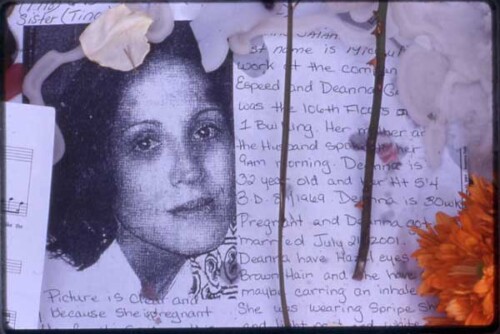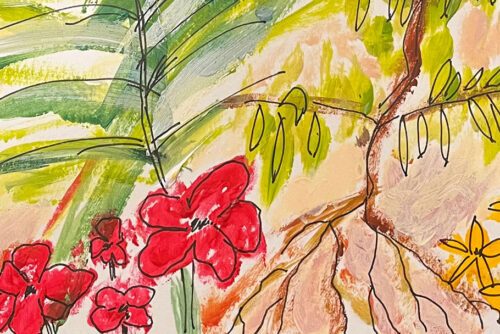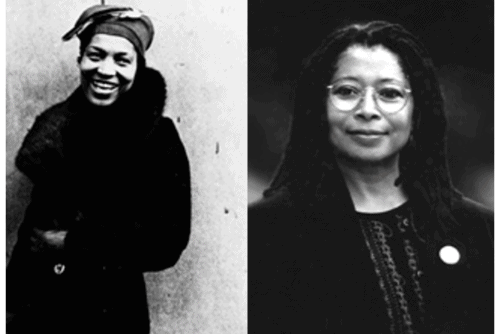An earlier version of this essay, titled “Staging the Unspeakable: A Report on the Collaboration Between Theater Arts Against Political Violence, the Associazione Culturale Altrimenti, and 40 Counsellors in Training in Pristina, Kosovo” appeared in Psychosocial Notebook 3 (June 2002), 9-30, in a special issue on “Psychosocial and Trauma Response in War-Torn Societies: Supporting Traumatized Communities through Arts and Theatre.” Psychosocial Notebook is published by the International Organization for Migration.
This article features video reproduced with the permission of Steven Reisner. To view the video, you will need a Quicktime Player, available as a free download by clicking here.
Psychology, with its relentless effort to reduce the unknown to the known . . . is the cause of this decline and this terrible loss of energy. . . . And it seems to me that both the theater and we ourselves must have done with psychology.
-Artaud, The Theater and Its Double
In January 2000, I was invited by the International Organization of Migration to participate in their Psychosocial Trauma Response in Kosovo. This project was particularly noteworthy because it attempted to approach trauma intervention in a multi-modal fashion: included were a psychotherapeutic response, a witnessing response (the “Archives of Memory”), and a theater response (“The Body in Exile”). I was invited to participate in the theater response as a theater artist and as a psychoanalyst and also because of my experience with the use of artists’ discourse as a corrective to the therapeutic discourse in addressing the suffering of victims of political violence.



